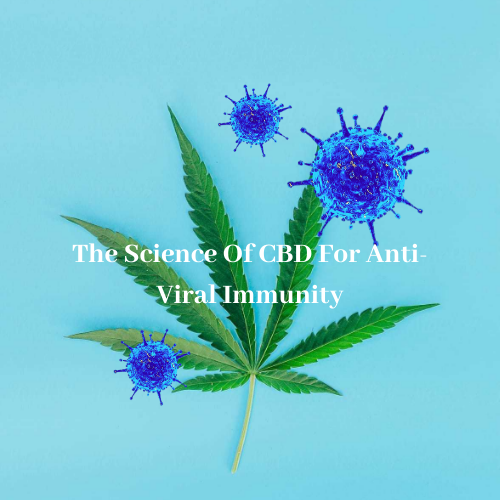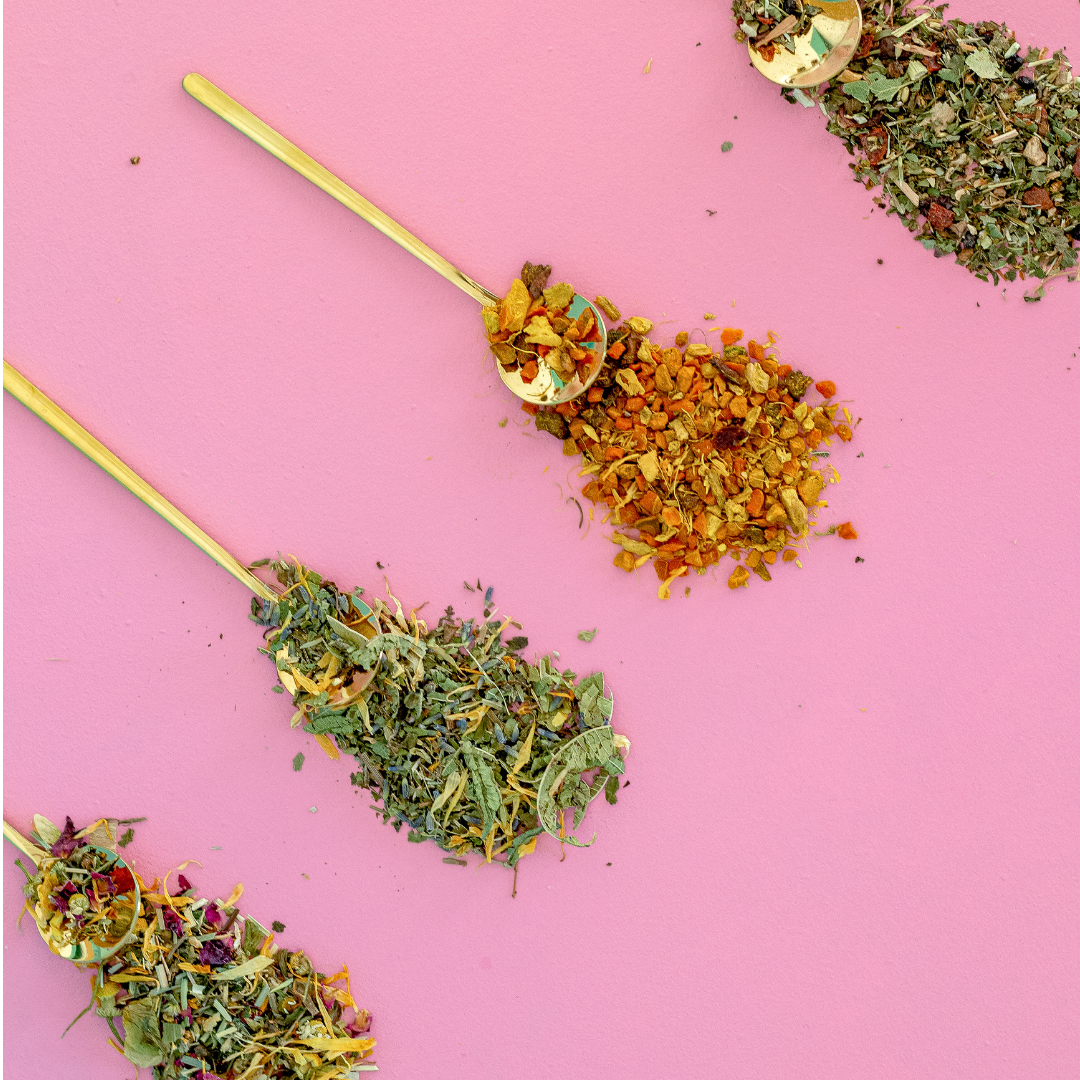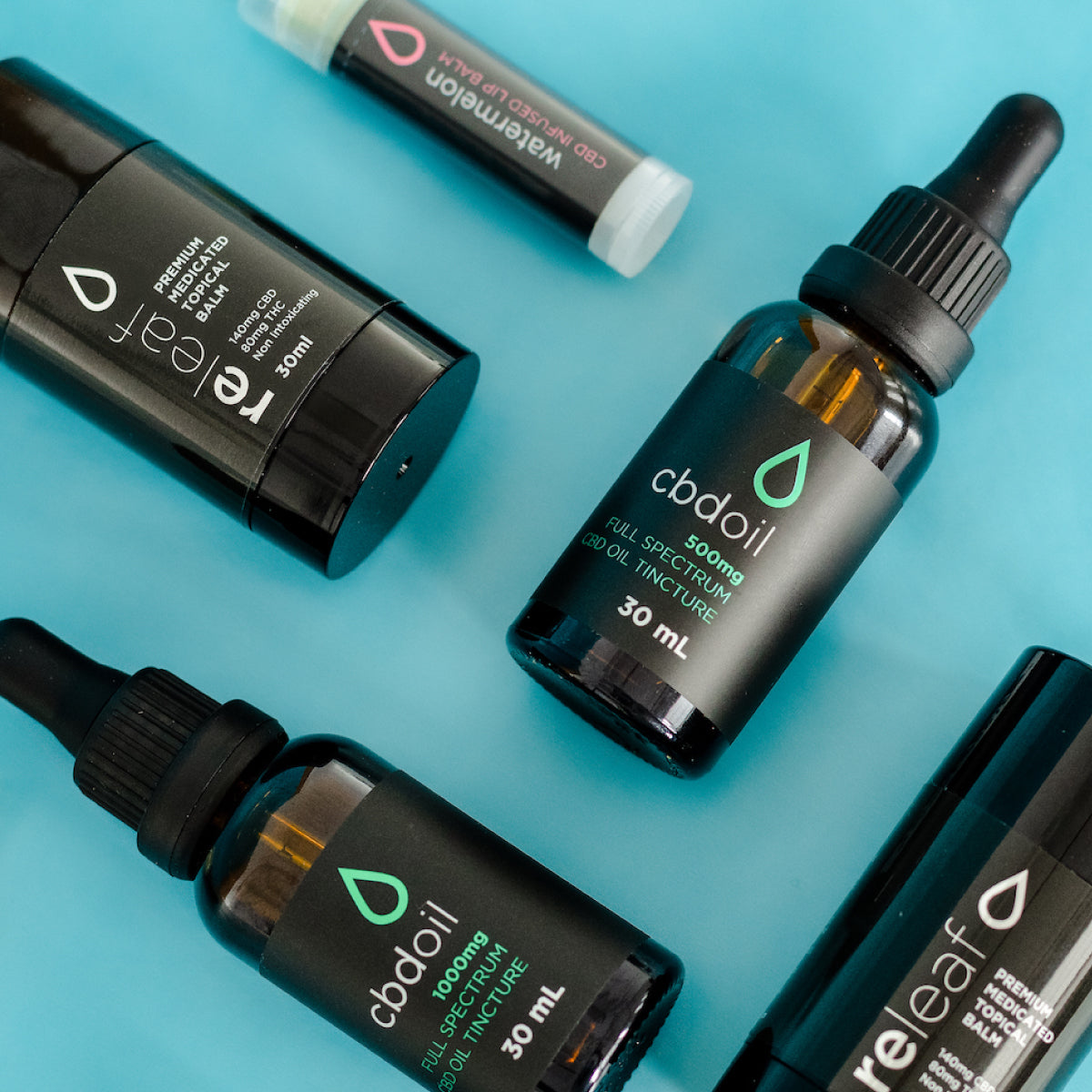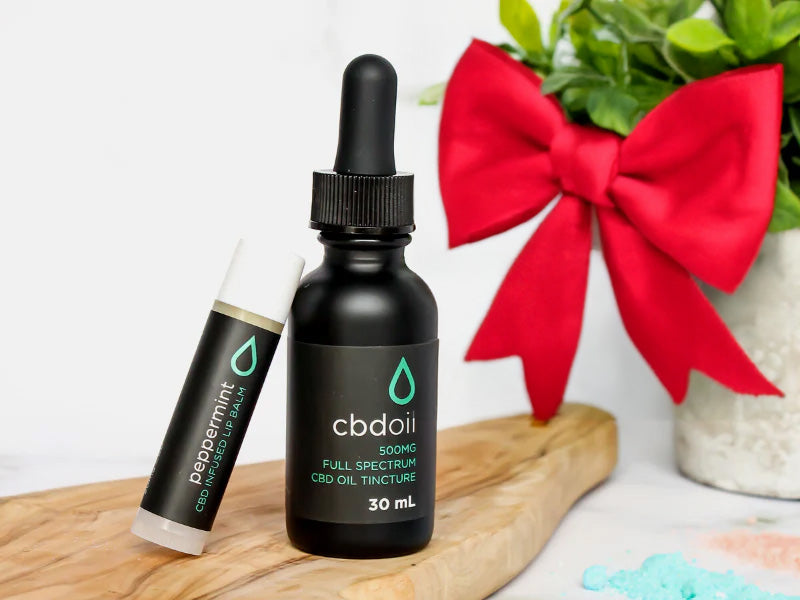Since the beginning of time, plant products have been used as medicine. Mother Nature is the master craftswoman of medicinal molecules and therapeutic chemicals that have set the foundation of traditional medicinal systems around the globe. Plant medicines have been an integral part of history and culture and are just as relevant today. In fact, a large percentage of modern medicines pharmacopeia are still derived from plants.
There are thousands of botanicals and herbs that have been are effectively used to treat various illnesses, including viral infections. The efficacy of plant-drugs can be attributed to their valuable bioactive agents. In the case of cannabis, the medicinal effects are accredited to cannabinoids, which are the bioactive chemicals found in the cannabis plant.
The most notable cannabinoid is TCH (phytocannabinoid tetrahydrocannabinol), which is the primary psychoactive compound in cannabis. However, there are at least 113 different cannabinoids that have been isolated from cannabis, all of which exhibit varied effects, including anti-inflammatory, antioxidant and immune-modulating effects.
CBD and Your Immune System
CBD is commonly used today for neurological conditions like Parkinson's (largely due to its dopaminergic effects). However, CBD has many other beneficial uses including its anti-inflammatory and immune promoting properties.
According to research, both endogenous and exogenous cannabinoids can influence the course of infections in vitro and in vivo (in a living organism). One study that reviewed the effects of CBD on viral infections of mammals found CBD has a couple of beneficial mechanisms of action.
For starters, cannabinoids have antioxidant and anti-inflammatory effects, which have been found to be beneficial for reducing the negative effects of bacterial endotoxin.
Bacterial endotoxin; also known as lipopolysaccharides are agents of pathogenicity of gram-negative bacteria. They are implicated in the development of shock, stress, and inflammation. Endotoxin reacts with lipopolysaccharide-sensitive cells and produces inflammatory mediators such as tumour necrosis factor-alpha, COX2, and nitric oxide.
Endotoxin levels (and these particular cytokines) have been implicated and correlated with various infectious diseases including root canal infection, intra-amniotic infection and others. Endotoxin makes the cells more susceptible to infection by damaging its structural integrity with inflammation and increasing cell "leakiness". Eradicating or removing endotoxin is beneficial for treating sepsis and infection. 1,2,3,4
Specifically speaking, studies have found that CBD can attenuate fever induced by bacterial endotoxin. Additionally, CBD prevented endotoxin-induced arteriolar and venular vasodilation, as well as leukocyte margination. CBD was also found to abolish endotoxin-induced increases of pro-inflammatory cytokines such as tumour necrosis factor-alpha and cyclooxygenase-2. Also, the expression of the inducible nitric oxide synthase was also reduced by CBD. In other words, CBD very effectively reduces inflammation, a key component of viral infection. 5
In simpler terms, cannabinoids are profoundly anti-inflammatory, which may help to protect the cells from damage caused by viruses.
A Full Overview of CBD's Effects on Immunity
The research around CBD's effects are still up and coming. However, we do know that CBD does have an immunomodulatory effect in humans. It does modulate human immune cells such as T cells and macrophages as well as the function and secretion of cytokines from immune cells.
Here is a quick breakdown of all of CBD's known, direct effects on immune function:
-
It can reduce the inflammatory response during an immune response. Inflammation is often considered an essential response for eradicating toxins, pathogens and viruses; however, the same inflammatory substances that "kill" pathogens, can also damage the host. In general, the less inflammation during the healing response, the better. 6
-
Promotes cell death. The CB2 cannabinoid receptor is expressed in immune cells. Apoptosis eliminates damaged, harmful, and harmful cells. In this way, CBD is helpful for eliminating pathogens from the body and restoring homeostasis. 7
-
Stops the spread of diseased cells. CBD can prevent the proliferation of pathogenic cells and suppress their growth.
- Anti-inflammatory. CBD can modulate the secretion of damaging pro-inflammatory cytokines. Cytokines are large groups of proteins, which are secreted by specific immune cells. Their purpose is to signal molecules that regulate your body’s immunity, inflammation, and white blood cell production. Certain cytokines can be very damaging to the body's tissues and lead to inflammation and fibrosis. Suppressing the overproduction cytokines can help to prevent oxidative damage and fibrosis.
In Conclusion
CBD is effective for reducing inflammation and oxidative stress, which may be therapeutic for people with a current infection. However, keep in mind that at the same time, CBD does have immunosuppressive effects. As an immune suppressor, CBD may be helpful for reducing an erratic inflammatory response for someone with an active or current infection. But it may not be helpful for someone with very compromised immune function.
On the other hand, studies have found CBD to have immune-modulating effects, which is ideal. As a modulator of the immune system, theoretically, it will help to bring the immune system back into balance.
With that being said, we also suggest following these other general health guidelines for optimal immune function:
- Reduce environmental toxins that suppress immunity such as exposure to EMFs, ionizing radiation, herbicide/pesticides, tap water, blue light, air pollution, etc.
- Do not smoke cannabis (it's estrogenic and has been found to make the infection worse)
- Eat a nutritious diet (organic meat, dairy, shellfish, fruit, non-starchy vegetables, etc).
- Supplement with adaptogenic herbs
- Exercise moderately (avoid strenuous exercise)
- Get sunlight every day on your bare skin
- Reduce stress levels
- Do not drink alcohol (alcohol is estrogenic which activates retroviruses and suppresses immunity)
- Get good sleep
Medical Disclaimer** CBD is not effective for treating all virus infections. Studies have found that cannabinoid treatment in people with infectious diseases can lead to disease progression, increased pathology, and sometimes to host death. HIV-1 or HSV-1, and chronic liver should NOT be treated with cannabinoids. Also, marijuana use increases the risk factor for other infectious diseases including mycobacterium tuberculosis (TB) infections. 8,9,10






